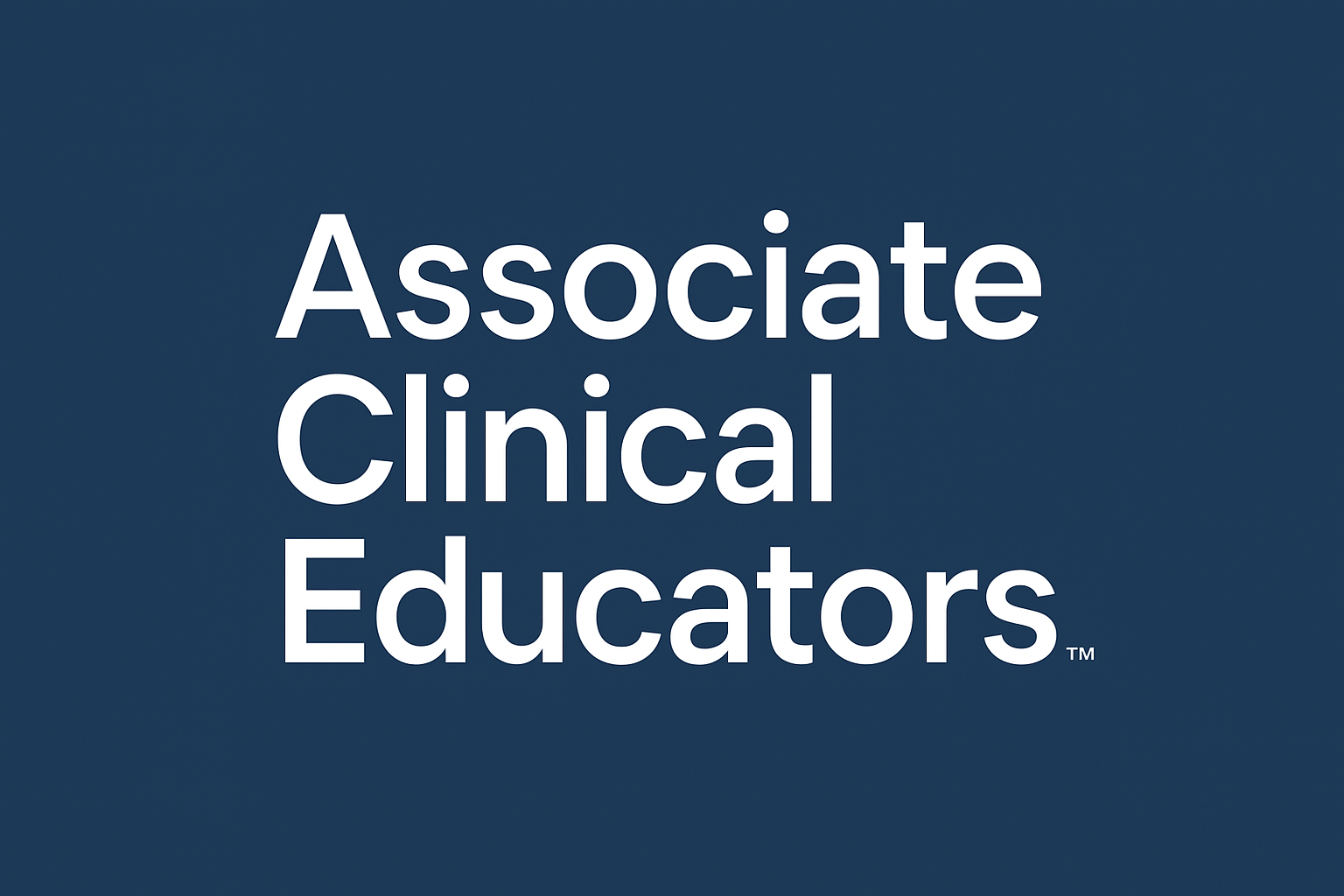Interview With Agnes Jacobs From The Pharmacy Show 2024
Welcome to Meducate Academy’s 2nd year running Interactive Workshops at The Pharmacy Show...
Read Moreby R Spour | Sep 30, 2024 | Associate Clinical Educators, Meducate Academy | 0 |
Welcome to Meducate Academy’s 2nd year running Interactive Workshops at The Pharmacy Show...
Read More
